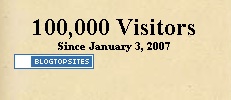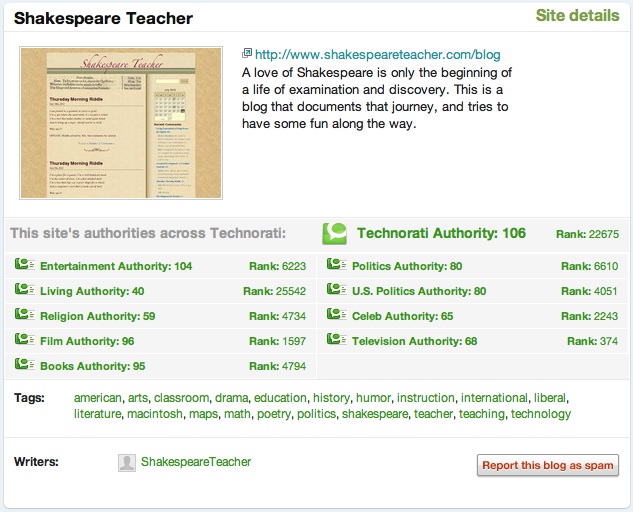Taking quotes out of context is a peculiar breed of dishonesty. It carries a sense of credibility, as the person actually said the words, but that only makes the lie more powerful when the meaning isn’t preserved. Lately, we’ve seen a number of instances of a particularly virulent strain of the practice, one in which the out-of-context quote conveniently fits an existing narrative about the speaker. The liar is comforted that his lie is meant to convey a deeper truth.
For example, a while back, Mitt Romney offered the statement “I like being able to fire people who provide services to me.” Now, anyone watching the original speech in context understood that he was talking about his preference to retain the ability to change health insurance companies. But because the left had already characterized him as someone who had built his fortune destroying jobs, it became very easy to shorten the quote to “I like being able to fire people,” or simply “I like… to fire people.” It doesn’t really feel like lying if we believe it to be an accurate portrayal of how he really feels deep down, right?
So when Barack Obama uttered the now-famous sentence “If you’ve got a business, you didn’t build that,” Republicans didn’t care that he was referring to roads and bridges. They knew that he really believed in his heart that business owners didn’t deserve credit for their own success, so taking him out of context seemed to be fair game. In a way, it felt even more honest than leaving the quote in context. They went so far as to base their entire convention around the misleading reference, shouting back at their fictionalized idea of the president’s intentions with righteous fervor. By the end of the convention, the imaginary Barack Obama seemed so real that Clint Eastwood even tried to have a conversation with it.
Now, a video has surfaced which has raised some questions about what Mitt Romney meant when he said that it’s not his job to worry about the 47% of Americans that don’t pay federal income taxes:
Well, there are 47 percent of the people who will vote for the president no matter what. There are 47 percent who are with him, who are dependent upon government, who believe that they are victims, who believe that government has a responsibility to care for them, who believe that they are entitled to health care, to food, to housing, to you-name-it. That that’s an entitlement and government should give it to them. And they will vote for this president no matter what.
I mean, the president starts off with 48, 49 … I mean, he starts off with a huge number. These are people who pay no income tax; 47 percent of Americans pay no income tax. So our message of low taxes doesn’t connect. He’ll be out there talking about tax cuts for the rich. I mean, that’s what they sell every four years.
And so my job is not to worry about those people. I’ll never convince them they should take personal responsibility and care for their lives. What I have to do is convince the 5 to 10 percent in the center, that are independents, that are thoughtful, that look at voting one way or the other depending upon, in some cases, emotion, whether they like the guy or not, what he looks like.
He was talking about his job as a candidate, not as a future president. So a response of “Well, Barack Obama is president to ALL of the people” is an unfair non-sequitur. All he’s saying is that it would be a waste of his time to court the votes of the non-taxpayer, because to do so would require getting them to vote against their own entitlements, thus taking responsibility and caring for their lives.
In fact, a President Romney would indeed convince the 47% to take personal responsibility and care for their lives by helpfully removing the safety net, their dependence on which has caused them so much detriment. You’re welcome. Added to which, we are to believe that a Romney presidency will lead to an immediate American Renaissance in military strength, traditional family values, and economic prosperity for all Americans rich and poor alike. The statement just doesn’t make any sense, from Romney’s point of view, if he’s talking about himself as president.
Now, I have to admit that there’s a part of me that is a bit amused by Romney’s complaint that he’s being taken out of context. Sorry, Mitt. You built that.
But I actually think it’s important to look at what he said in context, because that in itself is disturbing enough without having to distort it. And yes, the 47% does include soldiers and seniors, but I am willing to give Governor Romney the benefit of the doubt and say that he probably wasn’t talking about them. I want to focus on what he really meant, not what we want him to have meant.
If you look at what he is saying and who he is saying it to, you can see that he is painting a very broad picture of people who pay no federal income taxes as lazy freeloaders – not just the people who receive government aid, but also people who simply pay no taxes because they don’t earn enough to tax. That would be the poor, many of whom do harder work every day than Mitt Romney or I could even imagine. Now, these people never asked for a government handout; they just benefit from a tax code that doesn’t take food off of their table. Like everyone else, they’ll pay the lowest rate possible and certainly won’t volunteer to pay more. If anyone can appreciate that, it should be Mitt Romney.
When a man who owns a car elevator bemoans at a $50,000-a-plate dinner how the working class believes that they are entitled to food, we really have to consider what that means for us as a nation. Marie Antoinette, at least, offered cake.




